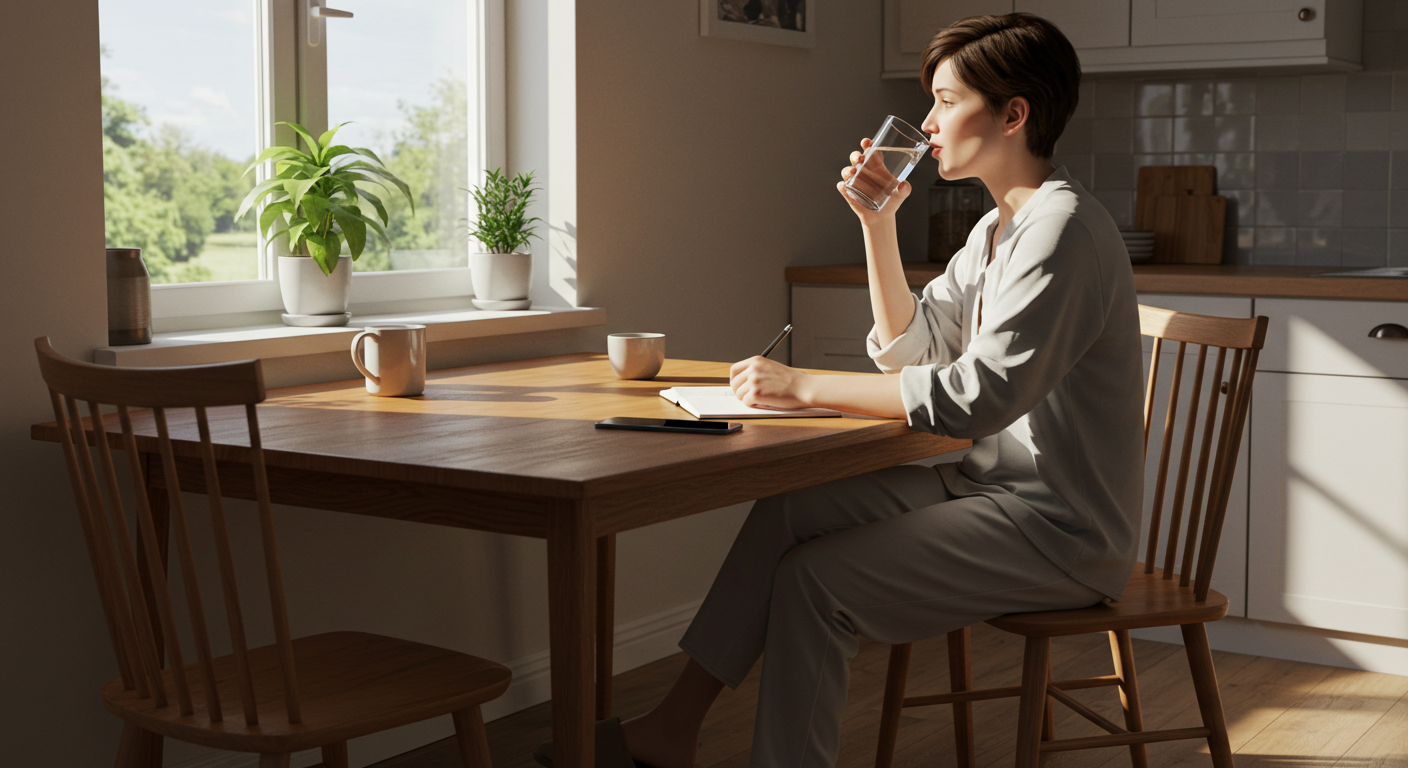🟢 Introduction
When we hear about self-care, it’s easy to picture luxurious spa days, expensive retreats, or trendy wellness products. But the truth is, real self-care doesn’t have to cost a fortune — or anything at all. A sustainable self-care routine is more about consistency and intentionality than money.
In this article, we’ll show you how to build a powerful self-care routine using what you already have — your time, your space, and your awareness. Whether you’re on a tight budget or just prefer simplicity, these tips will help you prioritize your well-being without overspending.
💡 Why Self-Care Doesn’t Have to Be Expensive
The wellness industry has turned self-care into a billion-dollar market. But self-care is not a product — it’s a practice. It’s about taking care of your body, mind, and emotions in ways that fit your reality.
Free or low-cost self-care is often more authentic, accessible, and effective in the long term.
Some of the most transformative practices — like sleep, walking, deep breathing, or journaling — cost nothing.
📋 Step-by-Step: Building a Low-Cost Self-Care Routine
Let’s walk through how to build a daily or weekly self-care routine that’s simple, meaningful, and budget-friendly.
🕒 1. Start with Time, Not Money
Instead of thinking, “What can I buy to feel better?” ask, “What can I make time for that nurtures me?”
✅ Choose a time of day when you can focus on yourself — even 10 to 20 minutes a day makes a difference.
✅ Create a calendar or habit tracker to stay consistent.
✅ Start small — don’t overload your routine in the beginning.
🧘♂️ 2. Choose Free and Nourishing Activities
Here are self-care actions that are completely free but highly effective:
• Mindful breathing or meditation (5–10 minutes)
Calms the nervous system and improves focus. Apps like Insight Timer or YouTube videos can guide you.
• Stretching or yoga at home
Boosts flexibility and reduces stress. There are countless free classes online.
• Going for a walk outdoors
Nature is one of the best healers — and it’s free.
• Journaling your thoughts and emotions
Helps you process feelings and gain clarity.
• Unplugging from screens for an hour
Gives your mind a break from constant stimulation.
📚 3. Make Your Environment Work for You
You don’t need to renovate your home to create a calming atmosphere. Small changes can make your space more nurturing:
✅ Declutter one small area (desk, drawer, nightstand).
✅ Light a candle or use natural light during your routine.
✅ Add a plant or nature element if you have one.
✅ Play calming music or nature sounds in the background.
💧 4. Use What You Already Own
Many self-care items are already in your home:
- Notebook → Use for gratitude lists, affirmations, or journaling.
- Towels → Turn your shower into a spa experience by slowing down.
- Phone → Use it to play guided meditations or relaxing playlists.
- Kitchen → Make a warm cup of tea or cook a nourishing meal slowly and mindfully.
🤝 5. Build Support into Your Routine
Self-care isn’t just solo work — connection is key.
- Call or text a friend to check in
- Join free online support communities or forums
- Watch motivational or educational videos
- Attend a local (free) community event
Feeling supported is a form of self-care.
💤 6. Don’t Forget the Basics
The foundations of self-care are often overlooked because they seem “too simple,” but they’re critical:
- Sleep: Aim for 7–9 hours of quality rest
- Water: Hydration affects mood, focus, and energy
- Food: Prioritize whole, unprocessed foods when possible
- Movement: Move your body daily, even if it’s just stretching or walking around the block
These aren’t luxury habits — they’re life essentials.
⚖️ Optional: Budgeting for Low-Cost Extras
If you do want to invest a small amount in self-care, here are low-cost ideas under $10–20:
- A journal or sketchbook
- A candle or essential oil
- A good-quality water bottle
- Herbal teas or supplements
- A used book on mental health or mindfulness
But remember: these are optional. The most important tools are free — your attention, your time, and your intention.
🔁 Example: A No-Cost Daily Self-Care Routine (15–30 Minutes)
Morning (10 min):
- Drink a glass of water
- Stretch for 5 minutes
- Set an intention or write one sentence in your journal
Afternoon (5–10 min):
- Walk outside or step away from screens
- Breathe deeply for 2 minutes
Evening (10–15 min):
- Take a mindful shower
- Write down 3 things you’re grateful for
- Turn off screens 30 minutes before bed
Simple, doable, and powerful.
📈 Final Thoughts: Your Routine, Your Rules
You don’t need fancy products or a huge budget to care for yourself. The most valuable form of self-care is consistency. When you show up for yourself daily — even in small, quiet ways — you start to build self-trust, resilience, and inner peace.
🌱 Self-care isn’t about what you have — it’s about what you choose to do with what you have.

